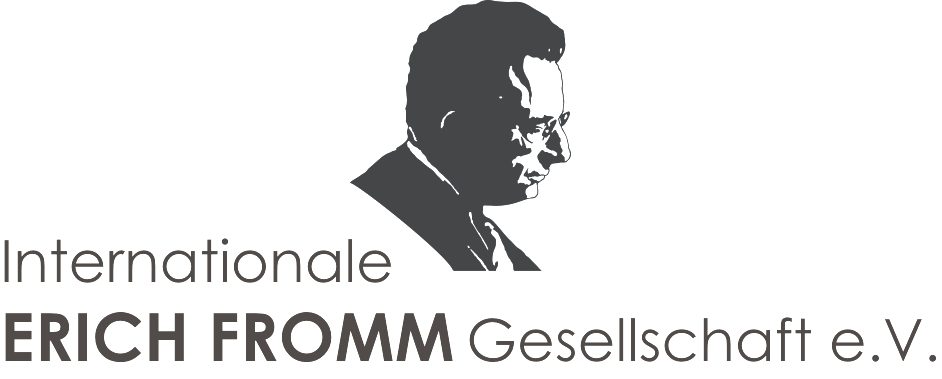What should a humane society look like if gender-specific injustice is overcome?
Annual conference of the International Erich-Fromm-Society e.V., 21. to 23.04.2023 in Bad Bevensen
This is the conference postponed in 2021 due to the Covid19 pandemic.
Despite the coronavirus-related postponement of two years, the topic has lost none of its topicality. The socio-political impact of the coronavirus crisis has even led to talk of a “retraditionalization” of women’s roles with regard to the distribution of tasks between the sexes. In his article “Gender and Character”, Erich Fromm stated in 1943 “that the equality between the sexes is greater than their differences and that men and women are first and foremost human beings with the same possibilities, the same desires, the same fears.” What about equality and diversity between the sexes today? At the annual conference of the International Erich-Fromm-Society 2023, we want to address this question and shed light on the current reality of life and question clichés and role ascriptions.
In addition to this stocktaking, we would like to enter into a discourse on what an equal, emancipated, open and democratic society and its distribution of tasks could and should look like. What steps are needed for equal distribution and equal participation in society as a whole to ensure that people are on an equal footing? How can we create the conditions for the relationship between one person and another – as described by Erich Fromm – to be fruitful for everyone?
The conference at the Gustav Stresemann Institute conference center in Bad Bevensen will focus on these specific topics with the following speakers:
- Dr. Rainer Funk, Honorary Chairman of the International Erich-Fromm-Society, will provide introductory remarks on “Erich-Fromm and the gender question”. His assessment of the subject reads: “Fromm’s criticism of patriarchy and its disdain for women was a very central point for him, not only in his criticism of Freud, but since his discovery of Bachofen (even if the latter used matricentric cultures as proof of the superiority of patriarchy)”.
- In the article “Care about care – care, gender and conditional autonomy” by Ms. Prof. Dr. Paula-Irene Villa Braslavsky (Institute of Sociology at the University of Munich and Chairwoman of the German Sociological Association) is concerned with the connection between care and gender, as is typical of capitalist societies. It then discusses the extent to which this connection determines our present and leads to inequalities. In the end, the question is: “What would be the alternative to the fetish of autonomy and acquisition-centeredness?”
- In her lecture, journalist and political scientist Dr. Antje Schrupp (Frankfurt) will address the question of how our society could deal with the SWK difference (SchwangerWerdenKönnen – being able to become pregnant) beyond heteronormativity. How is gender-independent equality possible, especially in terms of reproduction?
- Sociologist Dr. Barbara Umrath (Cologne) traces the critical social theory of the Institute for Social Research in the 1930s, in which Erich Fromm played a decisive role with the psychoanalytical social psychology he developed. The focus is on statements on gender differences, criticism of patriarchy and emancipation at the time in view of the insights and limitations of contemporary gender studies.
- In a presentation on our language, linguist Prof. Dr. Damaris Nübling (Mainz) will shed light on the relationship between linguistic and social categorization of people. Above all, the (grammatical) genus system is examined, which has far more to do with (social) gender than the public discourse would like, according to linguist Prof. Nübling.
- The educationalist and transformation researcher Ms. Prof. em. Dr. Hannelore Faulstich-Wieland (University of Hamburg) explores the question of whether pedagogy can contribute to overcoming gender-related inequalities. While she observes that boys are more disadvantaged in the education system today, she notes that women are still more disadvantaged in working life, which raises the question of how pedagogy itself is involved in this.
Our thinking is always based on a perspective, a position. A joint discussion of the contributions and topics addressed offers the opportunity to question our social conditions and allow for a change of perspective. We, and in particular Anita Engel, Katrin Gloggengießer and Petra Müller-Wille from the preparatory team, are hoping for an exciting conference with lively and committed discussions between the speakers and the participants.
Conference costs/registration
The conference and accommodation costs at the Gustav Stresemann Institute for members and interested parties of the Fromm Society (from Friday to Sunday with full board) are €150 per person in a double room and €180 in a single room. Members of the Erich-Fromm-Gesellschaft can submit an informal application to the office for a grant of up to €50. You can register online via the following link/button:
Conference flyer
{pdf=images/pdf-Dateien/2023-04_Flyer.pdf|100%|100%|native}


Kommentare sind geschlossen